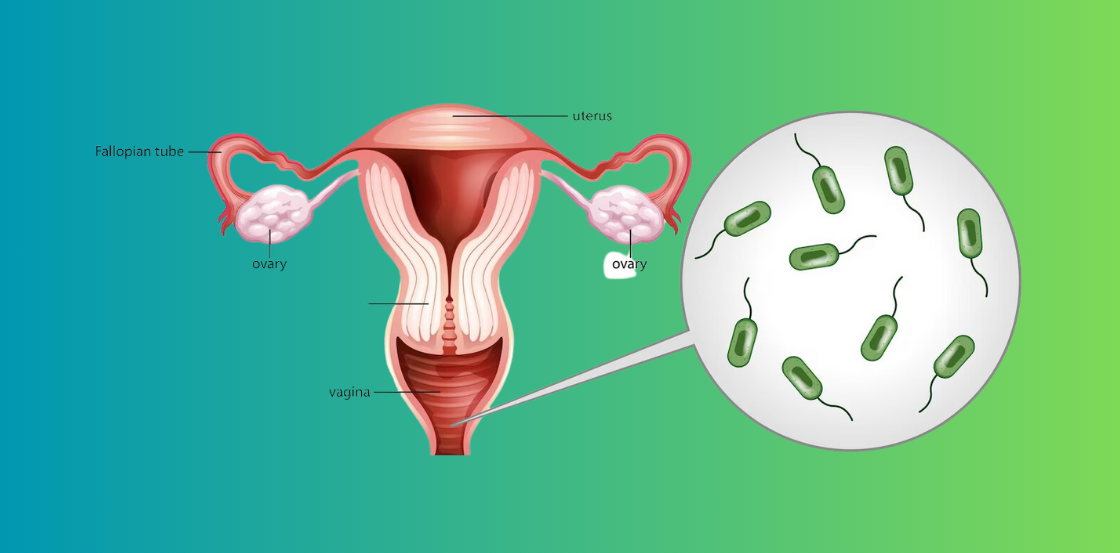Post link copied to clipboard!

Bacterial Vaginosis is a common infection of the vagina. It affects thousands of women in the UK every year. Many women complain of abnormal vaginal discharge. In some women, there won’t be any discharge. Instead, a private gynaecologist in London will find it during examination for other infections. The main bacterial vaginosis symptom is a ‘fishy’ smell. Let’s learn more about bacterial vaginosis diagnosis and care, which affects one in three women at some point.
BV is not considered an STI. In many instances, women can effectively manage mild symptoms without medication. In more severe infections, proprietary medicines are available at specialised clinics like the walk-in private gynaecology clinic in London.
Every woman’s vagina has a mixture of bacteria. It comprises both beneficial and harmful strains. These bacteria maintain a delicate equilibrium as part of a woman’s natural bodily functions, which is entirely normal and healthy.
However, specific circumstances can disrupt this healthy balance. When the harmful bacteria outnumber the beneficial ones, it can lead to a condition known as Bacterial Vaginosis (BV). The precise combination of bacteria varies from case to case, and the reasons behind this imbalance remain unknown.
Sometimes, people may confuse the BV symptoms with those of recurrent thrush. It’s essential to treat BV because it increases the risk of acquiring specific sexually transmitted diseases (STDs) and can occasionally result in pregnancy complications.
While the exact Bacterial vaginosis cause remains unknown, several factors can increase the likelihood of infection. These factors include:
To decrease the likelihood of developing bacterial vaginosis (BV), you can take proactive steps such as:
The most common symptom of BV is a greyish-white vaginal discharge that may have an unpleasant, fishy smell, which can become more noticeable during sexual activity or after a period. This discharge tends to be heaviest following a period of sexual activity.
It does not typically cause any irritation or tenderness around the vagina or the vulva (the external parts of the vagina). Up to 50% of women with Bacterial vaginosis do not experience any symptoms.
Doctors can diagnose BV by checking for an unpleasant-smelling greyish-white discharge. If you’re in a long and stable sexual relationship with a trusted partner, most private gynaecologists make this Bacterial vaginosis diagnosis.
Our team can conduct specific tests when you walk into the Top Gynaecologist Clinic in London.
Diagnosing the condition involves a straightforward process. It relies on patient history, examination and relevant tests.
BV treatment involves a straightforward approach as well. It includes the administration of antibiotics to eliminate the abnormal bacteria, thereby allowing the vagina to return to its normal state.
Unfortunately, recurrence is common in many women, and in some unique cases, it can happen frequently. While there’s no permanent cure, our best private gynaecologists in London can create a personalised management plan to alleviate your symptoms and reduce discomfort.
In more severe or repetitive cases, doctors typically prescribe oral antibiotics as the usual treatment. Metronidazole is the most common choice. The recommended regimen involves taking 400 to 500 mg of Metronidazole twice a day for five to seven days.
It’s important to note that while undergoing this BV treatment, it’s advised not to consume alcohol for at least 48 hours after completing the course. If you experience difficulties due to bacterial vaginosis (BV), book an appointment with our private gynaecologists in London.